“White sage dry cones” are incense cones made primarily from white sage, also known as Salvia apiana. White sage is a sacred herb native to the southwestern United States and has been used for centuries by Native American tribes for ceremonial, spiritual, and medicinal purposes.To create white sage dry cones, the leaves of the white sage plant are harvested, dried, and ground into a fine powder. The powdered white sage is then mixed with other natural ingredients such as resins, herbs, and essential oils. This mixture is shaped into cone forms and allowed to dry, resulting in incense cones that release the distinctively earthy and aromatic scent of white sage when burned.
Loban dry cones are incense cones made primarily from loban, also known as frankincense resin. Loban is a natural aromatic resin obtained from the Boswellia tree, native to regions such as the Arabian Peninsula, East Africa, and India.To create loban dry cones, the resin of the Boswellia tree is harvested by making incisions in the bark, allowing the resin to ooze out and harden into tear-shaped droplets. These resin tears are then collected, cleaned, and ground into a fine powder. The powdered loban is then mixed with other natural ingredients such as herbs, spices, and essential oils. This mixture is shaped into cone forms and allowed to dry, resulting in loban-scented incense cones ready for burning.
Oudh dry cones refer to a form of incense made from agarwood, also known as oudh or oud. Agarwood is a highly aromatic resinous wood that forms in certain species of trees in response to infection or injury. Oudh has been highly prized for centuries for its distinct and complex fragrance, which is often described as rich, woody, and slightly sweet.Oudh dry cones are typically made by grinding or shaving agarwood into a powder or fine chips, which is then mixed with natural binding agents such as gums or resins. The mixture is formed into cone shapes and allowed to dry. Once dried, the cones can be burned as incense, releasing the fragrant smoke characteristic of oudh.

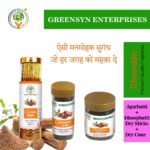
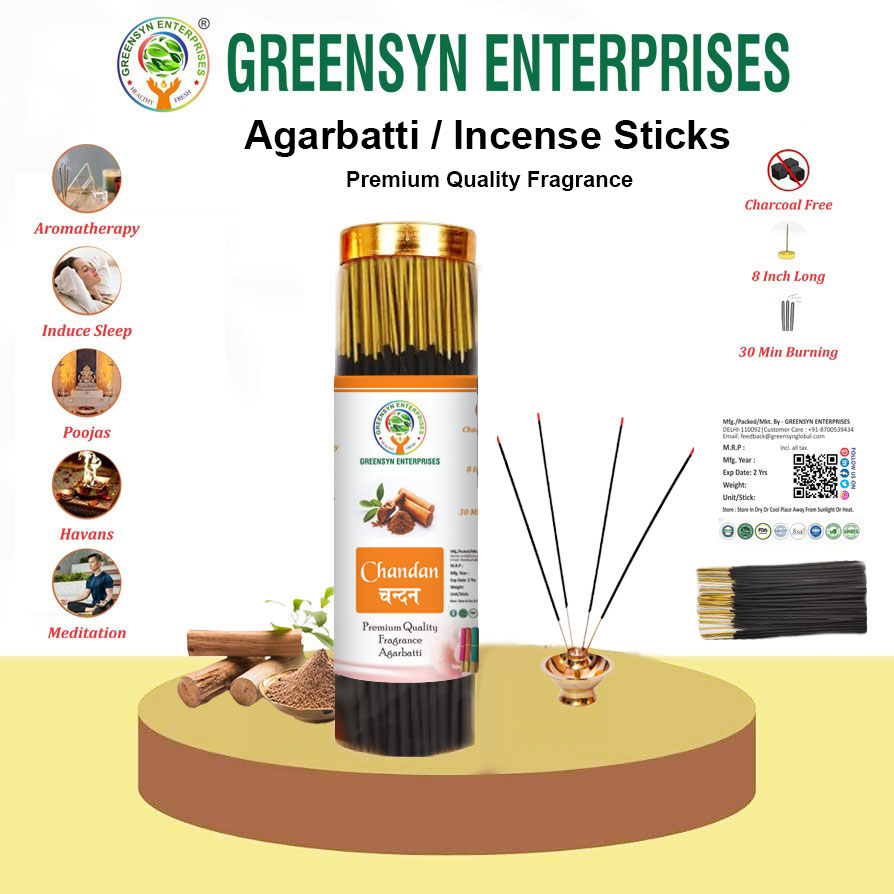 Agarbatti Stick
Agarbatti Stick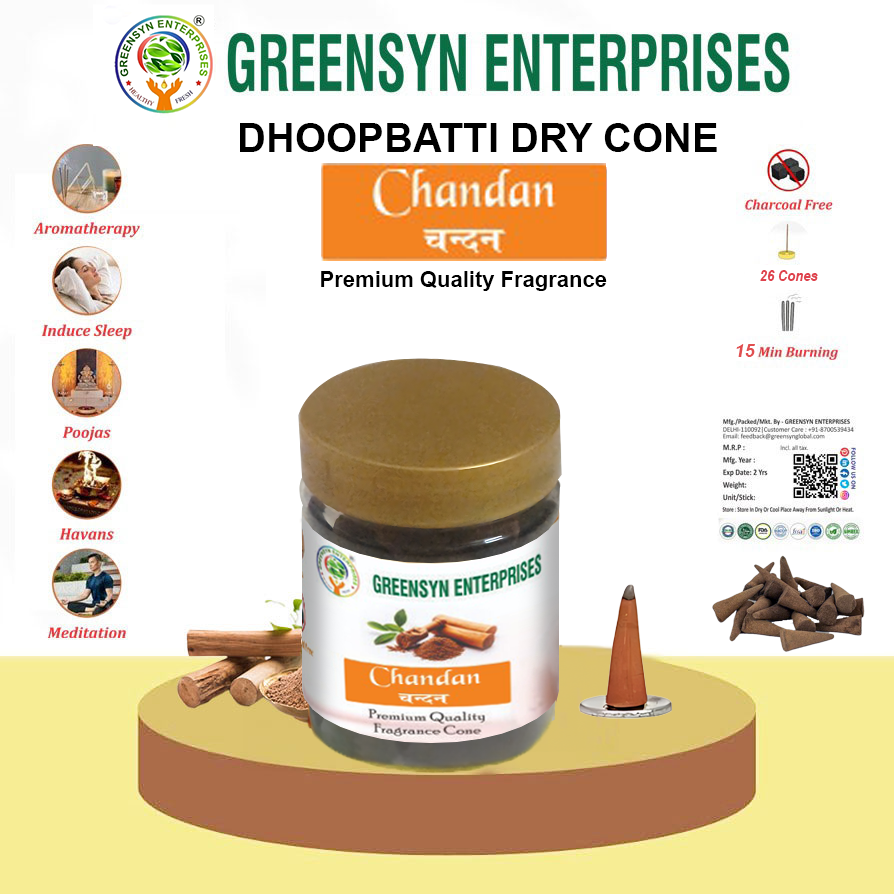 Dry Cone
Dry Cone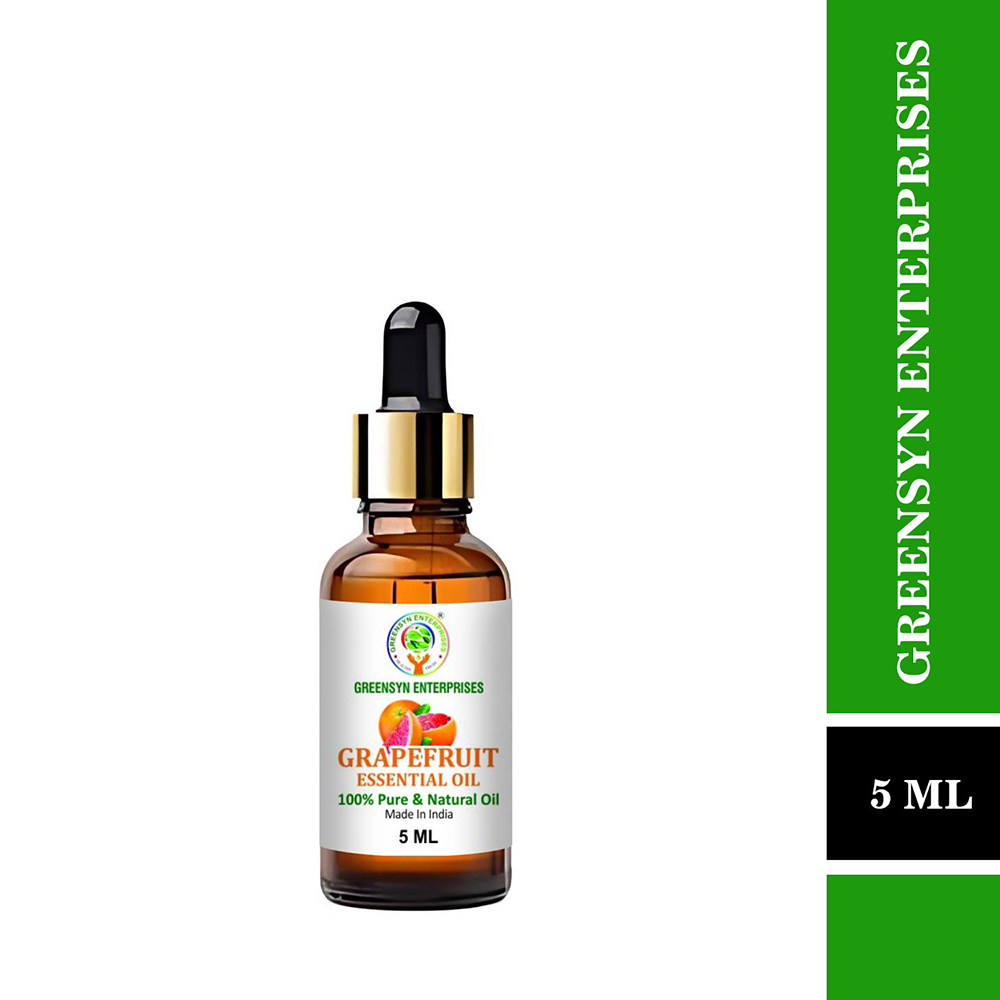
 Aromatic Oils
Aromatic Oils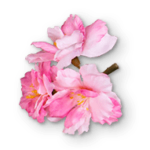

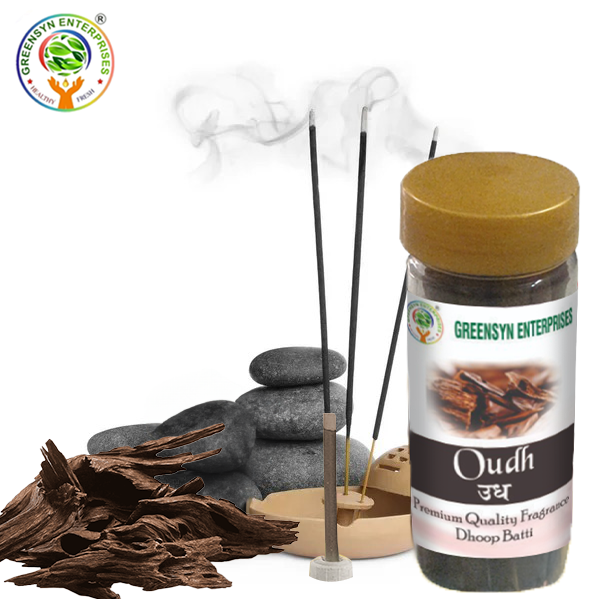
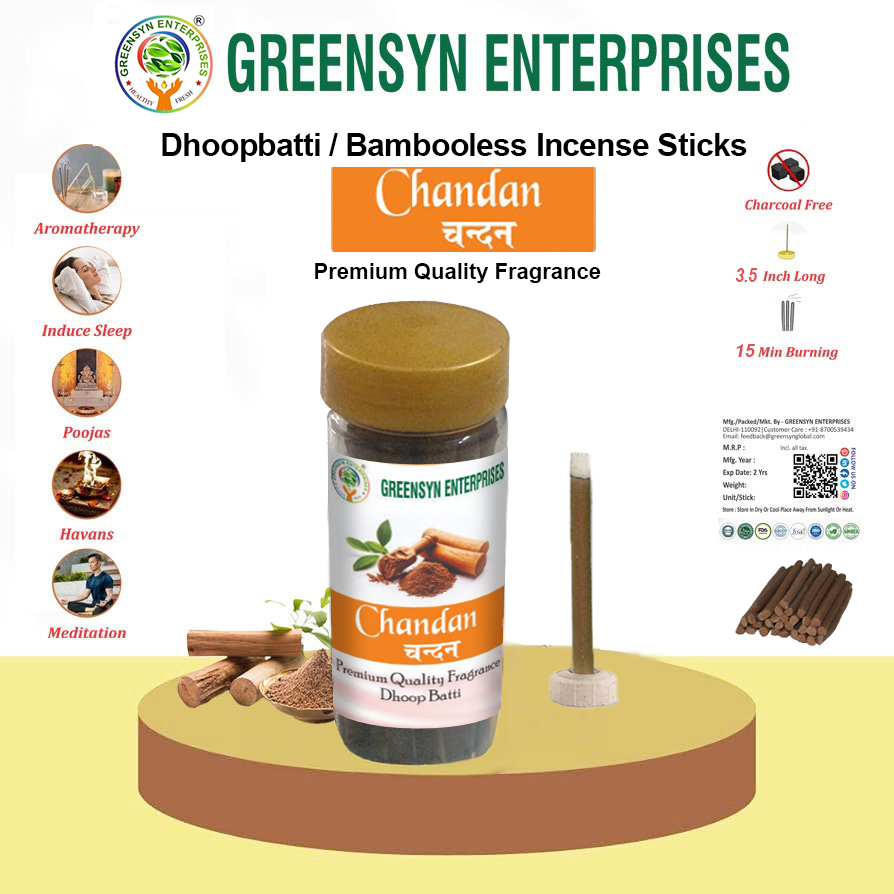
 Potpourri
Potpourri







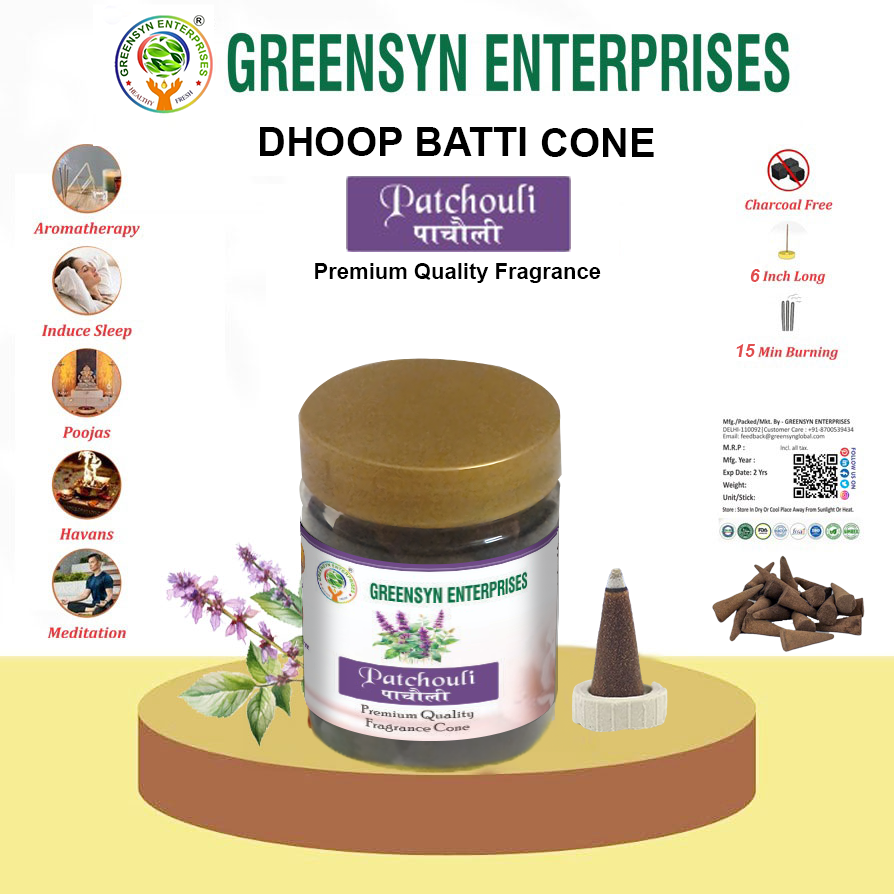
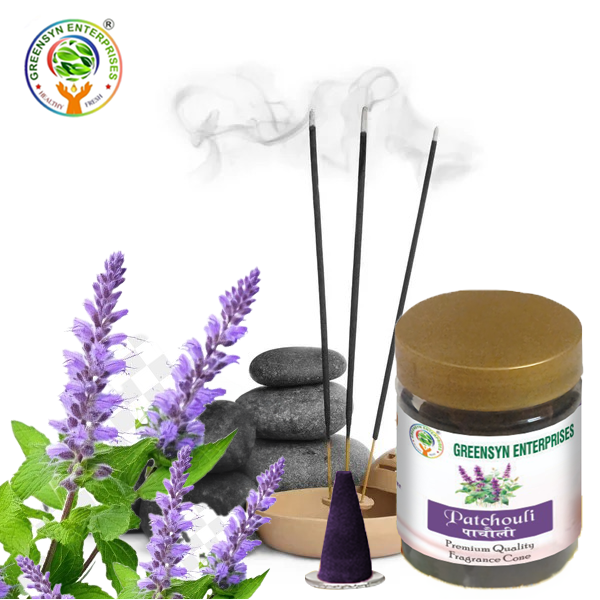



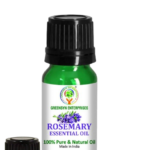
Reviews
There are no reviews yet.